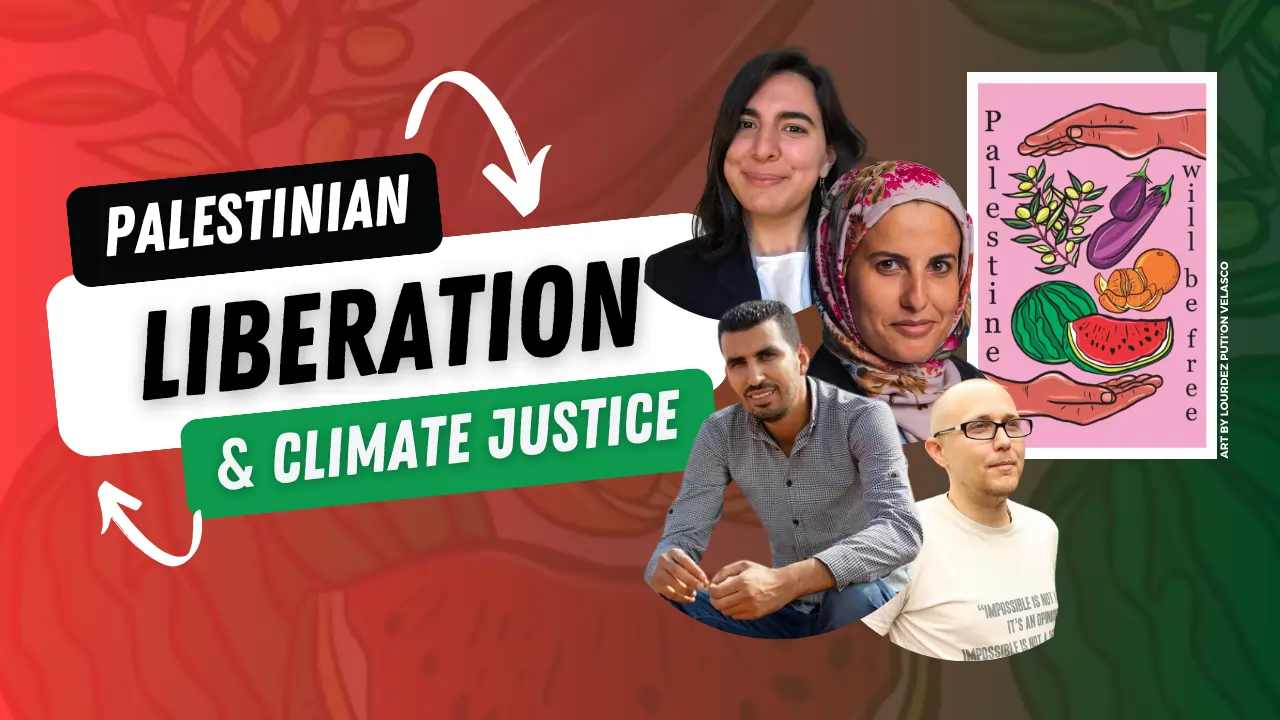October 2, 2012
Mr. Braulio Ferreira de Souza
Executive Secretary
Convention on Biological Diversity
Montreal, QC Canada
se*********@cb*.int
Dear Mr. Braulio Ferriera de Souza,
On the second day of the sixth Conference of the Parties serving as the meeting of the Parties to the Cartegena Protocol on Biosafety (COP MOP 6) in Hyderabad, India, civil society organizations are renewing the demand for a global ban on the release of genetically modified trees (GM trees) into the environment. [Genetically modified trees are also called genetically engineered trees, GE trees or transgenic trees.]
The signatories of this letter are civil society organizations that work to defend the world´s forests and the rights of the people who have traditionally lived in or depend on the forests for their livelihoods. Among the threats being faced by forest-dependant peoples, the conversion of forests as well as other ecosystems into monoculture large-scale tree plantations is among the most serious ones.
One of the topics for discussion of this meeting is discussion of guidelines for the risk assessment and risk management of genetically modified trees. The communiqué from the Convention on Biological Diversity Secretariat on 27 September 2012 says the meeting will “adopt further decisions to contribute to ensuring the safe transfer, handling and use of living modified organisms (LMOs) resulting from modern biotechnology.”
“Contributing to the safe transfer, handling and use of GM trees directly contradicts the decision of the CBD’s ninth Conference of the Parties in Bonn, Germany in 2008. This meeting affirmed the need to take a precautionary approach with regard to GM trees, and called for contained studies of the risks and impacts of GM trees. This came about in part due to a unanimous call by NGOs and Indigenous Peoples Organizations, as well as the entire African delegation and many other Parties to suspend the release of all GM trees into the environment.
Among the threats being faced by forest dependent communities, the conversion of forests and other ecosystems into industrial tree plantations is among the most serious.
The forestry industry is involved in developing GM trees for use in its industrial plantations, in order to achieve trees that can grow faster; have reduced lignin content for production of paper or biofuels; are insect or herbicide resistant; or can grow in colder temperatures. This research is aimed at increasing their own profits while exacerbating the already known and very serious impacts of large scale tree plantations on local communities and biodiversity.
These impacts include forced displacement of communities and destruction of native forests and biodiversity to make room for new tree plantations, and depletion of soils and ground water. The use of GE trees will inevitably and irreversible lead to the invasion and contamination of wild forests with engineered pollen and seeds, leading to unknown but predictably serious impacts on biodiversity. The increasing number of field experiments with GM trees around the world, including in India, ignores the gross lack of knowledge of the risks for biodiversity of this type of technology.
As we have stated in numerous previous letters sent to the CBD and MOP, there are many risks associated with the development of GE Trees that cannot be prevented, to mention but a few:
– Substitution of diverse forests by genetically modified tree monocultures. This is already happening with “conventional” tree monocultures (oil palm, eucalyptus, pines, acacias, and gmelinas) and there is no reason to believe that it would be different with GM trees.
– Contamination of non-GM trees of the same species or genus.
– Contamination of related tree species. Tree pollen can travel very long distances and could contaminate non-GM trees both of the same species as well as other related species in entire regions and countries.
– Trees with less lignin (and higher cellulose content) would be more prone to pest attacks, and potentially increased windfalls, and would rot more quickly, altering soil structure and releasing CO2 more quickly, thus contributing to climate change.
– Contamination of forest ecosystems and other habitats with GM trees via seed. Trees produce abundant fruit and seed, often capable of travelling long distances either carried by air, water, animals and human activities.
– Impacts on the livelihoods of indigenous and local communities. The environmental release and commercial use of GM trees in industrial GM tree plantations would provide no goods to local communities, and would impact on their traditional use of forest resources, including fruit, seed, insects, animals, honey, and fibres.
– Many studies have been done on the potential human health impacts of GM crops and the risks involved are manifold. Few risk assessment studies apply specifically to trees and though they are likely to share similar risks to plant crops, trees are also know to have other specific areas of concern when genetically modified.
– Increased contamination of soils, water and air from toxic herbicides used in conjunction with herbicide-resistant trees, or inhalation of pollen from insect-resistant trees could have serious impacts on the health of indigenous and local communities.
– There are significant likely impacts on women and indigenous peoples, the traditional caretakers of biodiversity.
In conclusion, GM trees have no role to play in the conservation of global forest biological diversity and, on the contrary, are likely to reduce forest biodiversity, with attendant social consequences.
By creating guidelines that would allow industry to export GM tree seedlings all over the world the CBD is only considering the industry’s interests while jeopardizing the livelihoods of millions of people in the world that depend on forests ecosystems.
We therefore demand the Convention on Biological Biodiversity to BAN the release and transboundary movements of all GM TREES.
Signatories:
World Rainforest Movement www.wrm.org.uy
Global Justice Ecology Project globaljusticeecology.org
Campaign to Stop GE Trees nogetrees.org
Global Forest Coalition globalforestcoalition.org
Biofuelwatch www.biofuelwatch.org.uk



